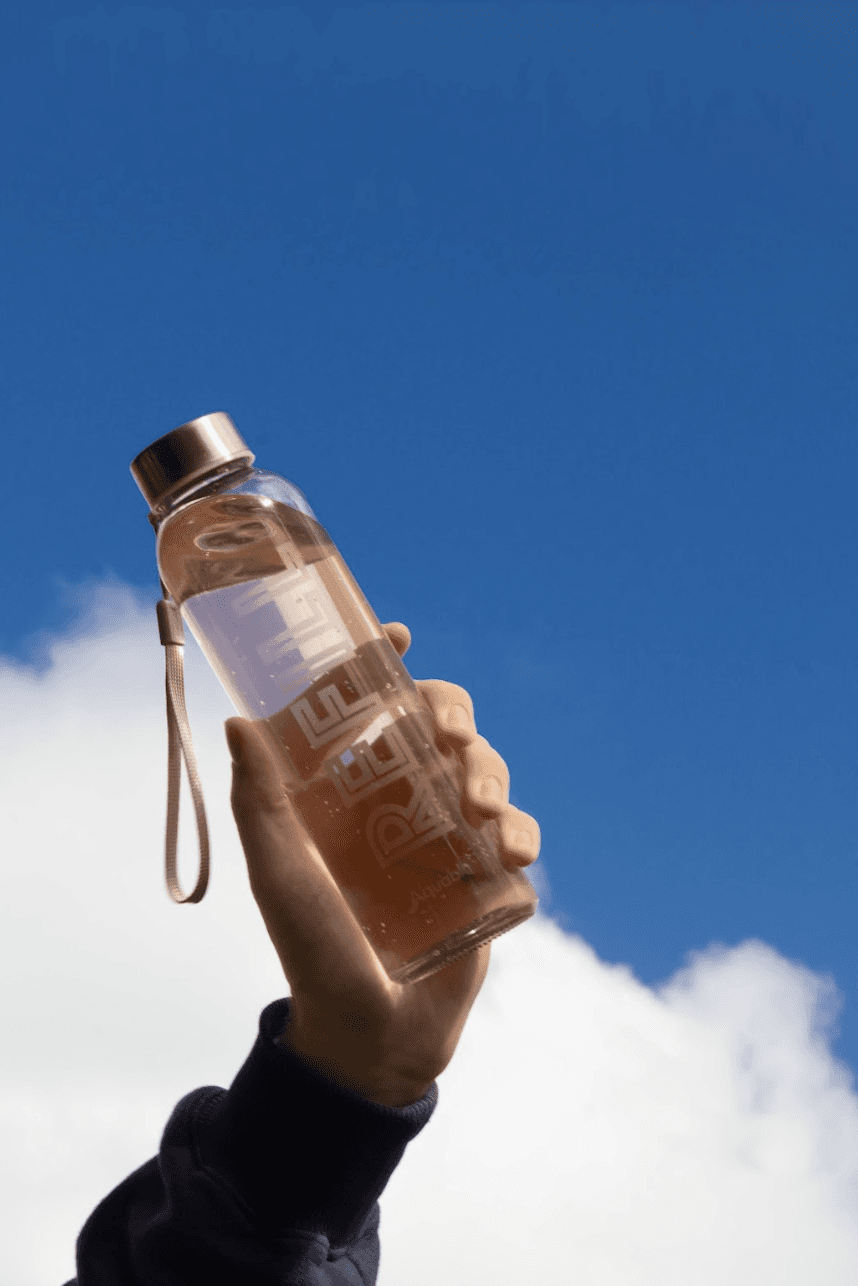Some things get better with age—like wisdom, confidence, and knowing which wine pairs best with your favorite dish. But one thing that doesn’t improve? Your body’s ability to stay hydrated and absorb electrolytes efficiently.
As we get older, our natural hydration levels drop, our skin loses elasticity, and energy levels don’t bounce back as easily. The brain? It needs even more support to stay sharp. And guess what plays a role in all of that? Electrolytes.
These essential minerals—like sodium, potassium, magnesium, and calcium—help regulate hydration, brain function, energy production, and even skin health. The problem? Aging naturally decreases electrolyte levels, making it even more important to replenish them daily.
Let’s break down how electrolytes keep you feeling (and looking) your best, and why you should start paying closer attention to them as you age.
WHY ELECTROLYTES MATTER MORE AS YOU AGE
1. Skin Elasticity & Hydration
Ever wonder why youthful skin looks plump and glowing? It’s all about hydration and mineral balance.
Sodium & potassium help retain moisture, keeping skin supple and preventing dryness.
Magnesium supports collagen production, which helps maintain skin elasticity.
Calcium plays a role in cell renewal, keeping skin looking fresh and vibrant.
As we age, the body naturally loses more water through the skin, and the ability to retain moisture decreases—leading to dryness, fine lines, and loss of elasticity. Staying hydrated with the right balance of electrolytes can slow this process down and keep skin looking healthier for longer.
Read more on the science behind electrolytes.
2. Brain Function & Memory
Forgetfulness isn’t just about getting older—it can also be a sign of chronic dehydration.
The brain needs sodium and potassium to send signals efficiently—without them, focus and memory take a hit.
Magnesium helps regulate brain activity, reducing mental fatigue and keeping cognitive function sharp.
Hydration affects blood flow to the brain, ensuring oxygen and nutrients reach the areas that need them most.
Dehydration—even mild—can lead to brain fog, slower reaction times, and trouble concentrating. Staying hydrated with electrolyte-rich fluids helps support mental clarity and long-term brain health.
3. Energy Levels & Muscle Function
Feeling more drained than usual? That’s not just age—it could be electrolyte depletion.
Sodium and potassium regulate muscle contractions, preventing cramps and stiffness.
Magnesium plays a key role in energy production, supporting ATP (your body’s energy currency).
Calcium helps keep muscles strong, reducing the risk of weakness or fatigue.
If you find yourself getting tired easily, struggling with recovery after activity, or dealing with more muscle aches, it might be time to prioritize electrolyte intake.
Check out our blog about Electrolytes for Athletes for more suggestions.
4. Bone Strength & Longevity
We always hear about calcium for strong bones, but it doesn’t work alone. Electrolytes like magnesium and potassium help regulate bone density and prevent age-related loss.
Potassium helps neutralize acids that weaken bones.
Magnesium aids in calcium absorption, ensuring bones stay strong and healthy.
Calcium itself is essential for preventing osteoporosis and fractures.
As bone mass decreases with age, maintaining electrolyte balance can support bone strength and mobility.
by
Aquablu
/


